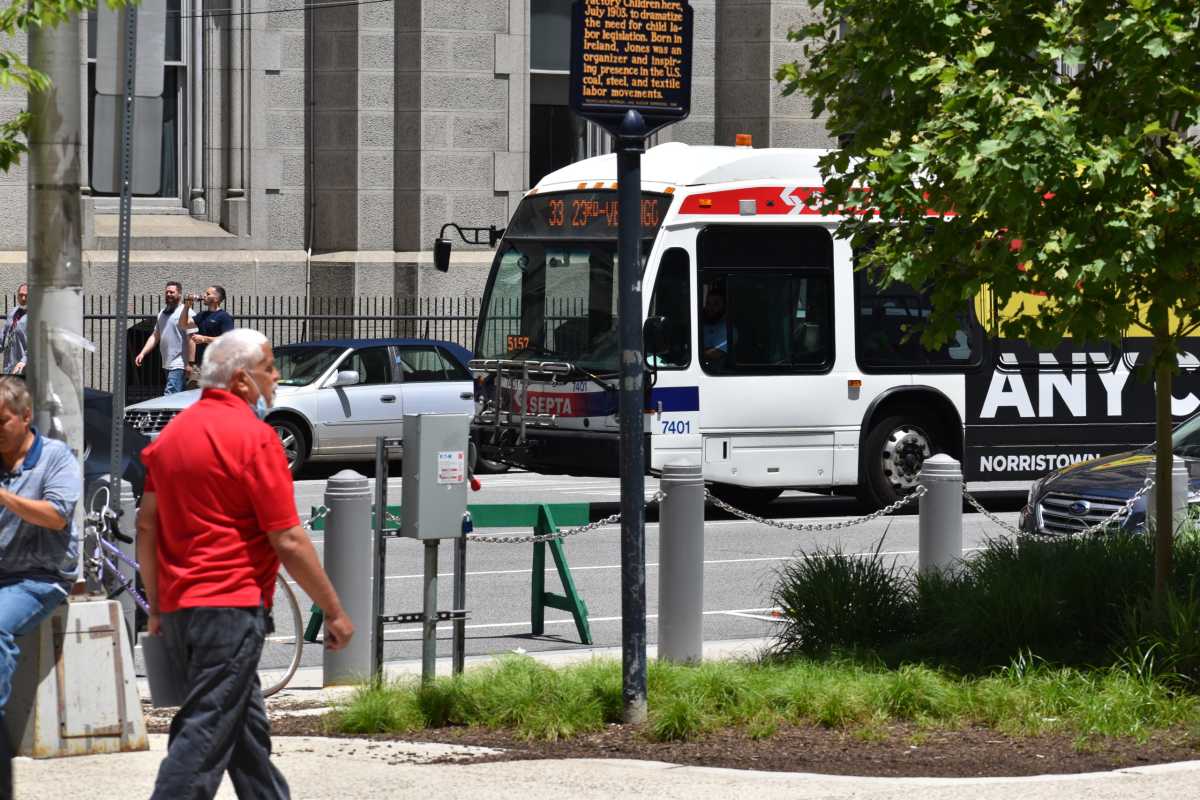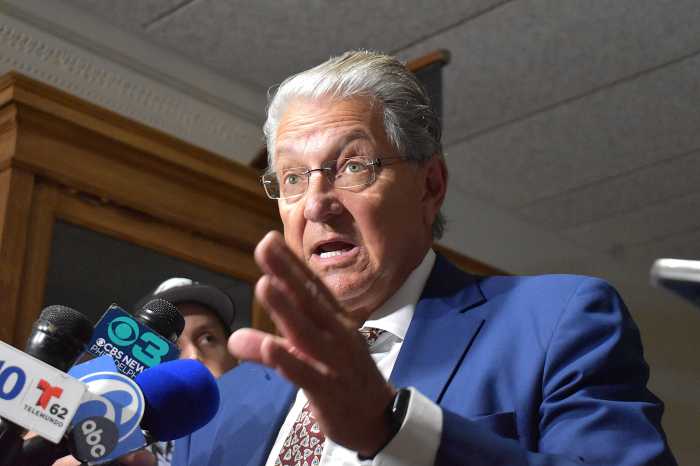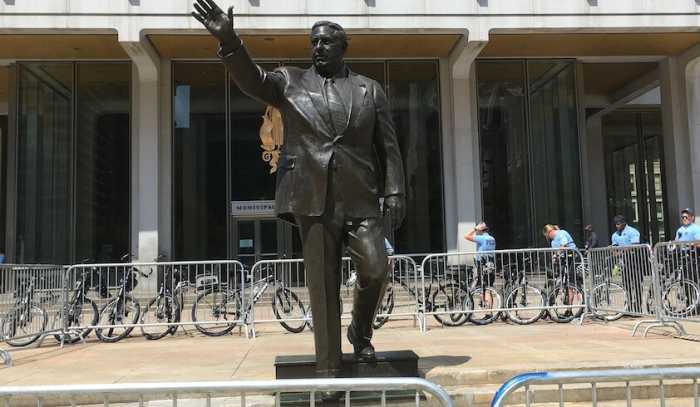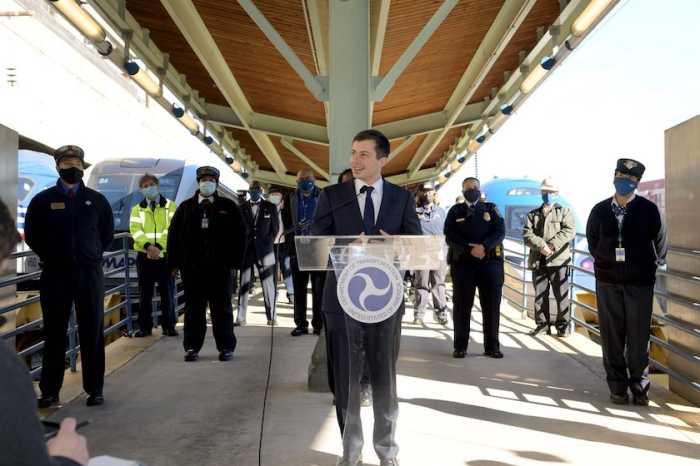SEPTA’s Bus Revolution is starting to get a lot more attention.
On Thursday, City Council approved a resolution to hold hearings on the project, which seeks to reimagine the region’s decades-old bus network, and, earlier in the week, SEPTA planners unveiled revisions to their draft proposal following an outcry from riders in Roxborough.
The plan, published in October, calls for the total number of bus routes to be decreased from 125 to 99, with an additional 11 routes designated as high-frequency – running every 15 minutes or less. In the suburbs, on-demand microtransit zones would replace some bus lines.
Council members have characterized Bus Revolution as a service cut, though SEPTA maintains the redesign is cost-neutral and aimed at boosting speed, efficiency and reliability.
“Cutting back in underserved neighborhoods is absolutely unacceptable while expanding at the same time to more affluent communities,” Councilmember Cindy Bass said Thursday, referring to a pricey project to extend the Norristown High Speed Line to King of Prussia.
After the redesign is implemented, likely in late 2023 or early 2024, SEPTA will employ the same number of drivers and operate the same-sized fleet of buses, authority spokesman Andrew Busch said.
However, he added, SEPTA planners are considering pandemic-related changes, including ridership declines, and the authority’s leaders are preparing for when federal COVID-19 relief money runs out at the end of 2024.
“We’re certainly not trying to have Bus Revolution mask the fact that we’re going to have to make service changes and it’s our goal not to make significant cuts,” Busch told Metro. “Our goal is to come out of this process with a network that is reliable and is also one that we can operate financially.”
Overall ridership is more than 40% less than prior to the pandemic; and even SEPTA’s most optimistic projections conclude that it will rise to 80% of pre-pandemic levels by 2024.
“If you kept SEPTA clean, you’d increase ridership,” Councilmember Curtis Jones Jr. said during Thursday’s session. “If you kept SEPTA safe, you would increase ridership. If you kept SEPTA reliable, you would increase ridership.”
Bass asked SEPTA General Manager Leslie Richards to ride the Broad Street Line with her at different times of the day to witness the conditions of the subway system.
The comments suggest the hearing will broaden to topics other than Bus Revolution, such as cleanliness and safety, that have been frequent concerns among riders.
Councilmember Kenyatta Johnson, who introduced the resolution and chairs the body’s transportation committee, said the hearing will take place next month, but a date has not been set.
“I want to make sure that this process is transparent, and that my constituents and colleagues have an opportunity to provide input on this plan,” Johnson said in an interview.
Jones Jr., who represents parts of West and Northwest Philadelphia, penned a letter to SEPTA General Manager Leslie Richards last month asking the authority to “start from scratch” on the redesign.
Residents in his district, particularly in Roxborough and Manayunk, had raised objections to the proposal to shorten routes 9 and 27 to terminate at 30th Street Station, meaning riders would have to transfer to get into Center City.
At a packed meeting last week, SEPTA responded with changes to its plan, basically making the 9 a local route and the 27 an express. Both would provide downtown service, though not everyone who attended the presentation was happy with the revisions, the Inquirer reported.
“These aren’t the only routes that we expect to be making changes to based on feedback,” Busch said.
Three virtual Bus Revolution outreach sessions – focusing on Center City, Kensington and the Riverwards, and Delaware County – are scheduled for this week. Riders can also share feedback at www.septabusrevolution.com.
A series of community meetings will be held after a more finalized draft plan is released in late February or early March, Busch said. It will eventually have to be approved by the SEPTA board.



























